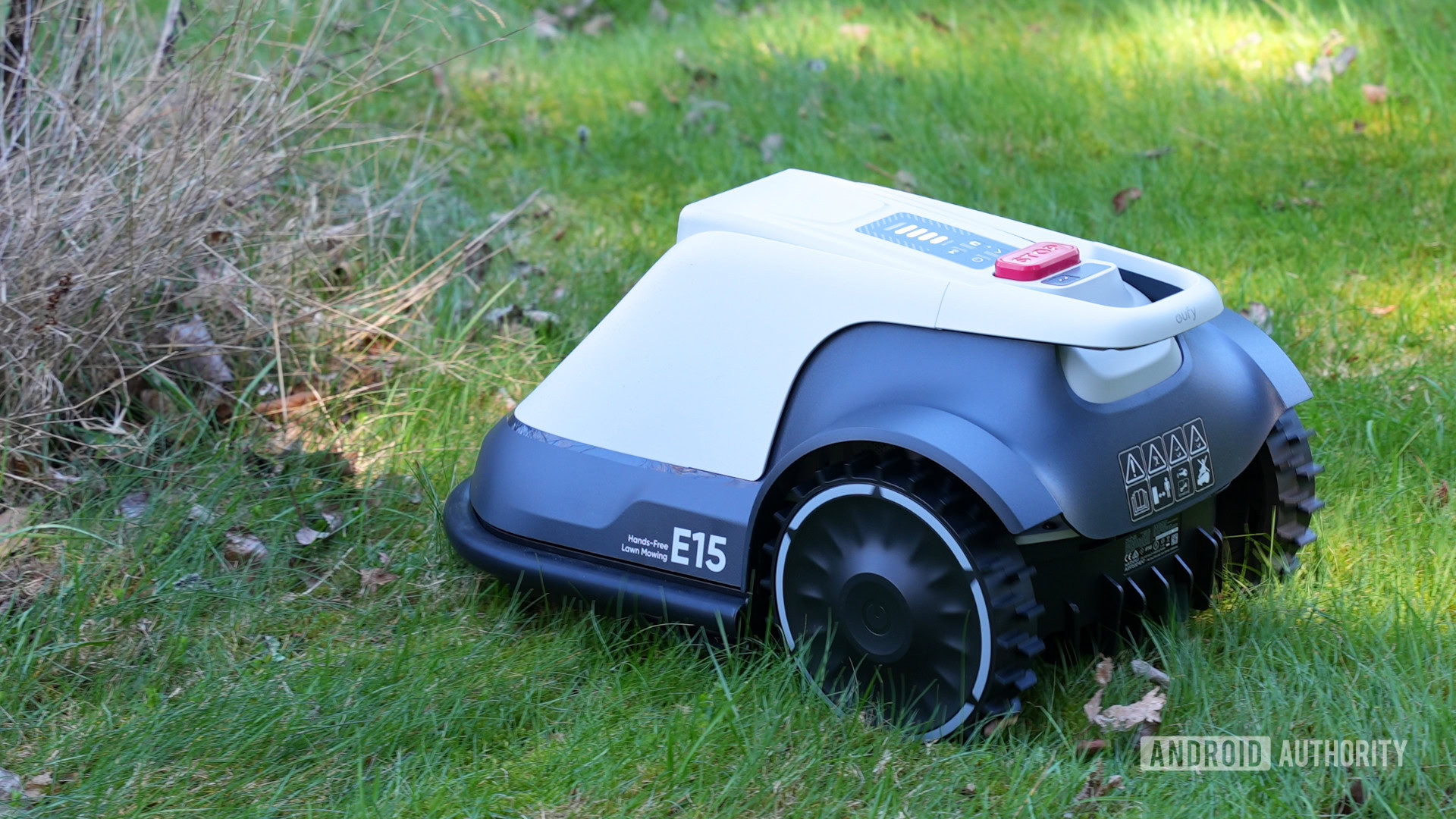Mastering Precision Machining: A Comprehensive Guide to Achieving Micron-Level Accuracy
Precision machining is an essential process in the manufacturing industry, characterized by its ability to produce components with extremely
Precision machining is an essential process in the manufacturing industry, characterized by its ability to produce components with extremely tight tolerances and high surface finishes. This guide will delve into the key aspects of precision machining, from understanding the basics to exploring advanced techniques and technologies.
Understanding Precision Machining
Precision machining involves the removal of material from a workpiece to create parts with exact dimensions and fine details. It is used in various industries, including aerospace, automotive, medical, and electronics, where the margin for error is minimal.
Key Components
- Machining Tools: High-precision machines like CNC (Computer Numerical Control) lathes, milling machines, and grinders.
- Cutting Tools: Tools made from materials such as carbide, ceramic, and high-speed steel.
- Software: CAD (Computer-Aided Design) and CAM (Computer-Aided Manufacturing) software for designing and controlling the machining process.
Techniques in Precision Machining
- Turning: This involves rotating the workpiece while a cutting tool removes material to shape it. CNC lathes are commonly used for turning operations.
- Milling: Involves using rotating multi-point cutting tools to remove material from a stationary workpiece. CNC milling machines can perform complex cuts and shapes.
- Grinding: A finishing process that uses an abrasive wheel to remove small amounts of material and achieve a high surface finish and close tolerances.
Importance of Precision
Precision machining ensures the production of parts that meet exact specifications, which is critical for the functionality and reliability of products. This level of accuracy reduces waste, improves efficiency, and enhances the overall quality of the final product.
Advanced Technologies
- Laser Machining: Uses laser beams to cut or engrave materials with high precision. Ideal for intricate designs and fine details.
- Electrical Discharge Machining (EDM): Utilizes electrical sparks to erode material, perfect for hard metals and complex shapes.
- 5-Axis Machining: Allows the cutting tool to move across five different axes simultaneously, enabling the creation of complex geometries.
Material Considerations
The choice of material is crucial in precision machining. Common materials include:
- Metals: Aluminum, steel, titanium, and stainless steel.
- Plastics: ABS, polycarbonate, and nylon.
- Composites: Carbon fiber and fiberglass.
Each material has unique properties that affect the machining process, such as hardness, thermal stability, and machinability.
Quality Control and Inspection
Maintaining high standards in precision machining requires rigorous quality control measures. This includes:
- In-process Monitoring: Continuous monitoring of the machining process to ensure accuracy.
- Metrology: Use of precision measurement tools like coordinate measuring machines (CMM) and optical comparators.
- Inspection: Thorough inspection of finished parts to verify that they meet specified tolerances.
Challenges and Solutions
- Tool Wear: Regular maintenance and replacement of cutting tools to ensure consistent performance.
- Thermal Deformation: Controlling temperature during machining to prevent material expansion or contraction.
- Vibration: Using damping techniques and stable machine setups to minimize vibrations that can affect accuracy.
Conclusion
Precision machining is a cornerstone of modern manufacturing, enabling the production of high-quality, reliable components. By understanding its principles, techniques, and challenges, manufacturers can achieve exceptional accuracy and efficiency in their operations. Whether you're a seasoned professional or new to the field, mastering precision machining opens up a world of possibilities in engineering and production.
What's Your Reaction?
 Like
0
Like
0
 Dislike
0
Dislike
0
 Love
0
Love
0
 Funny
0
Funny
0
 Angry
0
Angry
0
 Sad
0
Sad
0
 Wow
0
Wow
0





















































